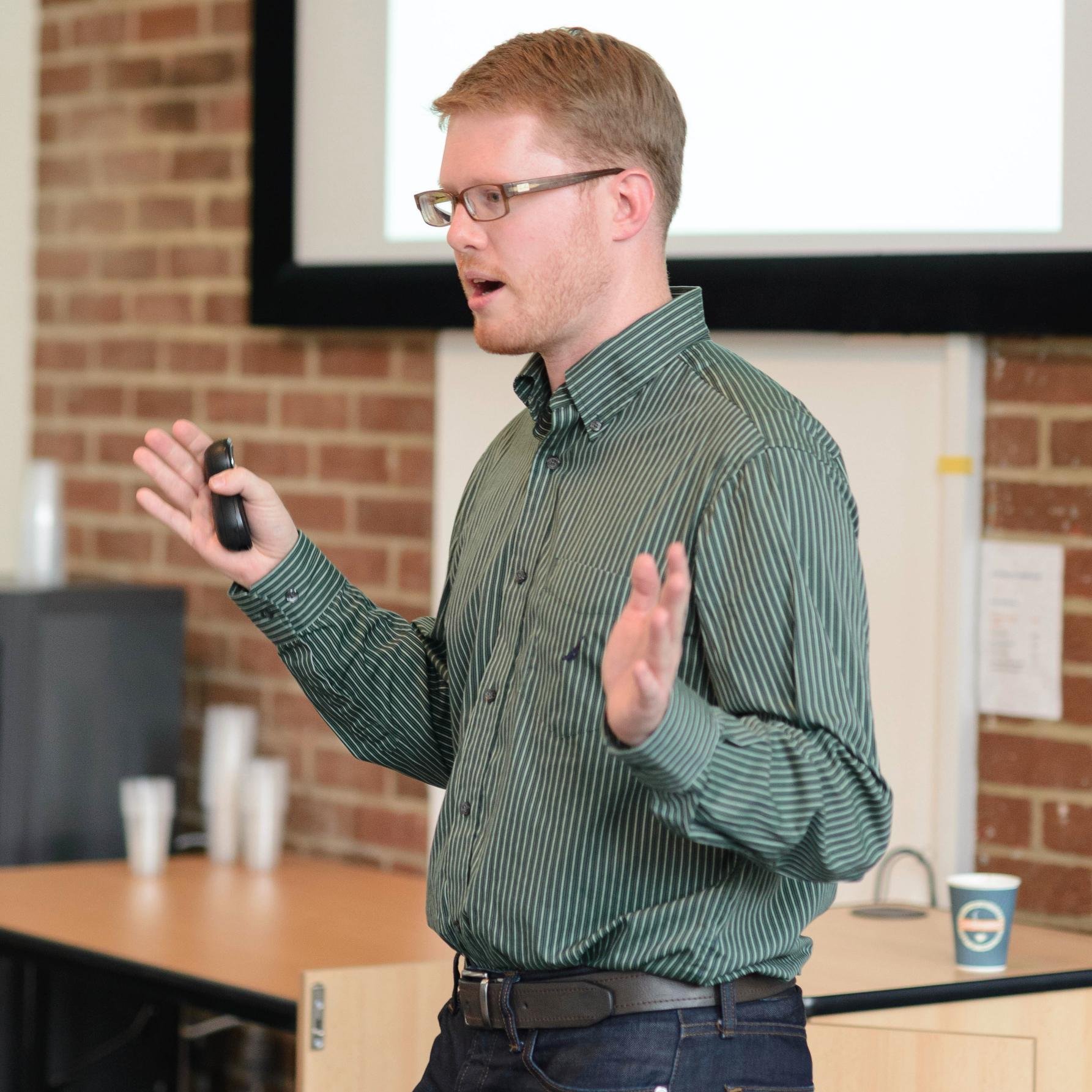
Eric Schneider
@ericbschneider
Followers
2K
Following
3K
Media
96
Statuses
1K
Economic historian @LSEEcHist studying health, demography, living standards and economic growth; working on global historical child stunting; Colorado hiker.
London, England
Joined October 2014
Child stunting is a form of malnutrition that affects 148 million children worldwide. Stunted children are too short for their age because poor health conditions lead them to grow too slowly. Stunting has consequences for children's health and economic outcomes later in life.
Tackling child malnutrition: A long-run, global perspective on a persistent issue https://t.co/bQ7NCYvclz
2
9
31
Just a reminder of this webinar on IPUMS International Wednesday. Register at the link below!
Curious about using census microdata in your research? Join us for a webinar on IPUMS International, the world��s repository of census data. 🗓️ 12 Nov 2025 | 🕒 15:15–16:30 UK | 💻 Zoom Register: https://t.co/2jmxvKyCnr... Hosted by the LSE Historical Economic Demography Group
0
1
4
Whether you’re in economics, history, demography, or sociology — this is a chance to explore how global census microdata can power your research. Find out more about the LSE Historical Economic Demography Group @LSEEcHist here: https://t.co/WwSXxDi447...
0
0
1
The event features the IPUMS team @ipumsi + scholars using census data in innovative ways: 👤@msaleh1982 — 19th-century Egyptian censuses. 👤@julia_jarame — Fertility decline in Colombia. 👤@hggaddy — Study of polygamy across 30 countries.
1
0
1
Curious about using census microdata in your research? Join us for a webinar on IPUMS International, the world’s repository of census data. 🗓️ 12 Nov 2025 | 🕒 15:15–16:30 UK | 💻 Zoom Register: https://t.co/2jmxvKyCnr... Hosted by the LSE Historical Economic Demography Group
2
3
8
Kicking off London Universities Population Seminars for the new academic year! Join us Oct 28 in person (LSE, KSW.G.01) or online to hear from Prof Karen Glaser (KCL) on mental & physical health changes among adults aged 50-69 in England. 👇
Join us for the London Universities Population Seminar on 28 October at noon UK time at LSE. Prof Karen Glaser (Kings) will present 'Changes in mental and physical health among adults aged 50 – 69 in England: Implications for economic inactivity'. Seminar in-person and online.
1
1
1
Sign up to attend online or see the full seminar schedule here: https://t.co/ApwyEGuqzy Organised by LSE's @pop_LSE and Historical Economic Demography Research Groups, LSHTM's Population Studies Group @PSG_LSHTM, and UCL's Centre for Longitudinal Studies @CLScohorts.
sites.google.com
About the Seminar Series The London Universities Population Seminar Series is a collaboration between the population groups at the London School of Economics and Political Science, the London School...
0
0
0
Join us for the London Universities Population Seminar on 28 October at noon UK time at LSE. Prof Karen Glaser (Kings) will present 'Changes in mental and physical health among adults aged 50 – 69 in England: Implications for economic inactivity'. Seminar in-person and online.
1
0
0
Excited to share my recent WP with @alandebromhead and @ronanlyons. Build Better Health: Evidence from Ireland on Housing Quality and Mortality https://t.co/g3lwrBzWZR via @cepr_org
1
2
6
Interested in doing world-class economics research on Africa's past, present and future? #econhist Join us as a postdoc at @LEAP_SU @StellenboschUni in 2026!
0
12
17
Mokyr never published in a «top 5» journal until very late in his career, when he finally did together with David de la Croix & @mdoepke. Later he did so again, w/ Morgan Kelly and Cormac Ó Gráda. Whatever you think of the Nobel Memorial Prize in Economic Sciences, consider that.
4
65
484
BREAKING NEWS The Royal Swedish Academy of Sciences has decided to award the 2025 Sveriges Riksbank Prize in Economic Sciences in Memory of Alfred Nobel to Joel Mokyr, Philippe Aghion and Peter Howitt “for having explained innovation-driven economic growth” with one half to Mokyr
438
5K
12K
Joel Mokyr – awarded the 2025 prize in economic sciences – was born in 1946 in Leiden, the Netherlands. He received his PhD in 1974 from @Yale University, New Haven, CT, USA. He is currently a professor at @NorthwesternU, Evanston, IL, USA and Eitan Berglas School of Economics,
19
101
408
The call for papers, sessions and posters for the 2026 EHS Conference is now open! It will be held at the Cheng Kin Ku (CKK) building, LSE, 10 – 12 April. Paper proposals must be received by 15 September 2025, poster proposals by 17 November. https://t.co/TwjMla4t3v
ehs.org.uk
The EHS Annual Conference 2024 will take place at Northumbria University between 5 April - 7 April.
0
16
39
Our new WP with David and Patrick!
New CEPR Discussion Paper - DP20418 Smithian growth in Britain before the industrial revolution, 1500-1800 David Chilosi @KingsCollegeLon, @giamp85 @UniBergamo, Patrick Wallis @LSEnews
https://t.co/6rbkbIrItV
#CEPR_EH #EconTwitter
0
2
13
New CEPR Discussion Paper - DP20387 Born in Smog: The Short- and Long-Run Health Consequences of Acute Air Pollution Exposure in Historical London, 1892–1919 @ericbschneider @LSEEcHist
https://t.co/4LPV1igEdc
#CEPR_EH #CEPR_CCE #EconTwitter
0
3
9
🚨Bottom line: The oft-cited 20–30% CFR for Variola major doesn't hold up across time and place. We argue for a more nuanced, historically grounded view—context matters. 📄 Read the full paper here: https://t.co/WwSXxDi447... 6/6
0
0
2
So why is the consensus CFR (20-30%) for endemic smallpox too high? Three factors likely biased estimates of CFRs upwards: 1) Under-reporting of smallpox cases 2) Positive selection into vaccination after 1796 3) Selection of severe smallpox cases into hospital samples 5/6
1
0
2
Our findings suggest that smallpox’s lethality wasn’t just about the virus—it was about context. When adults and children were both sick, there was no one to fetch water, cook food or nurse the sick. High CFRs often reflect crisis conditions, not just the innate virulence. 4/6
1
0
2
Why such a different CFRs? In endemic settings like Sweden, smallpox was a childhood disease and adults very rarely contracted smallpox. But in Iceland, the epidemic struck a population where both adults and children were susceptible. This raised the CFR dramatically. 3/6
1
0
2
Using high-quality mortality records, we estimate smallpox CFRs in two very different contexts: 📍 18th-century Sweden (endemic smallpox): CFR ~8–10% 📍 1707-9 Iceland smallpox epidemic: CFR ~40–53% 2/6
1
0
1










